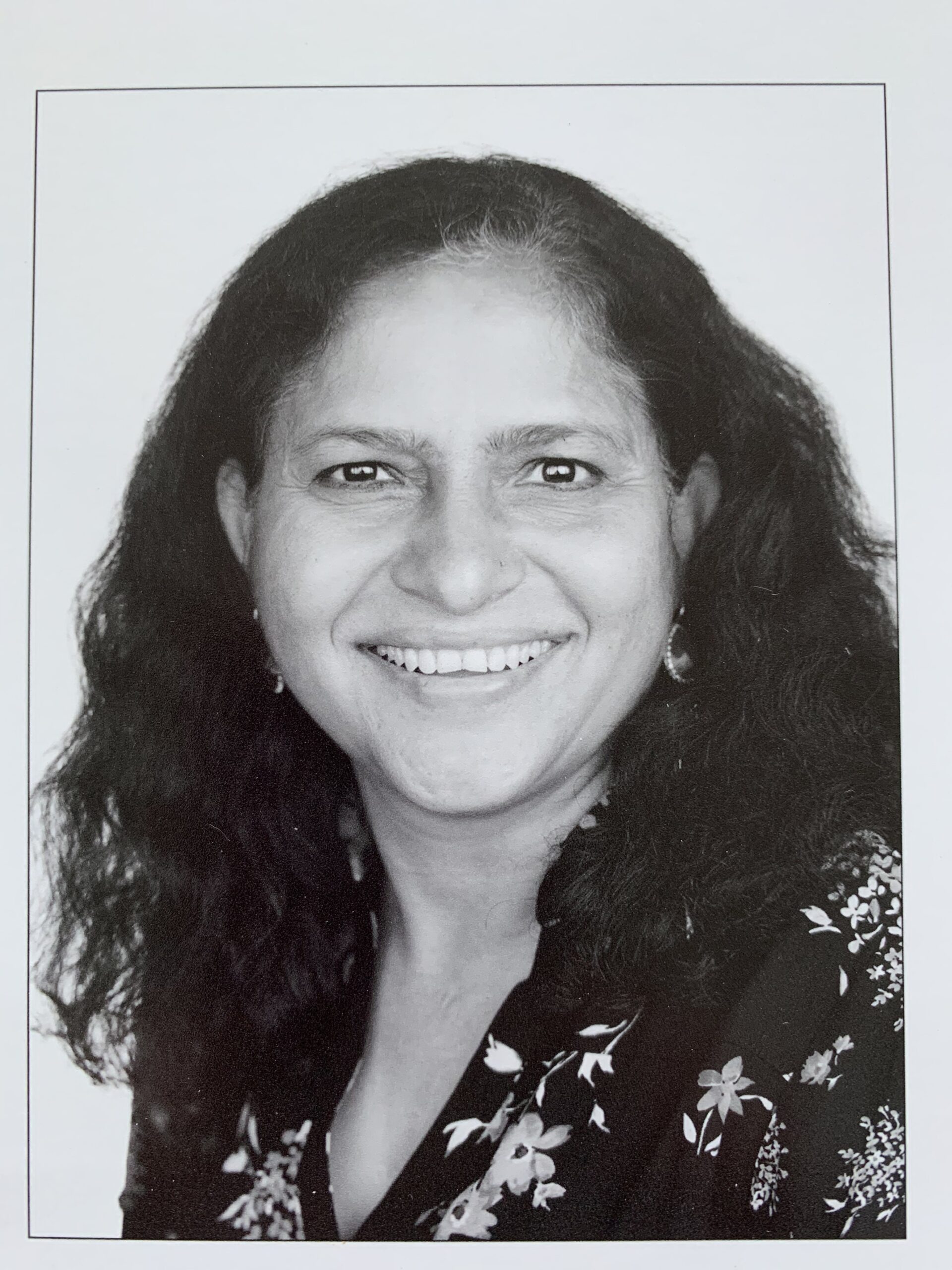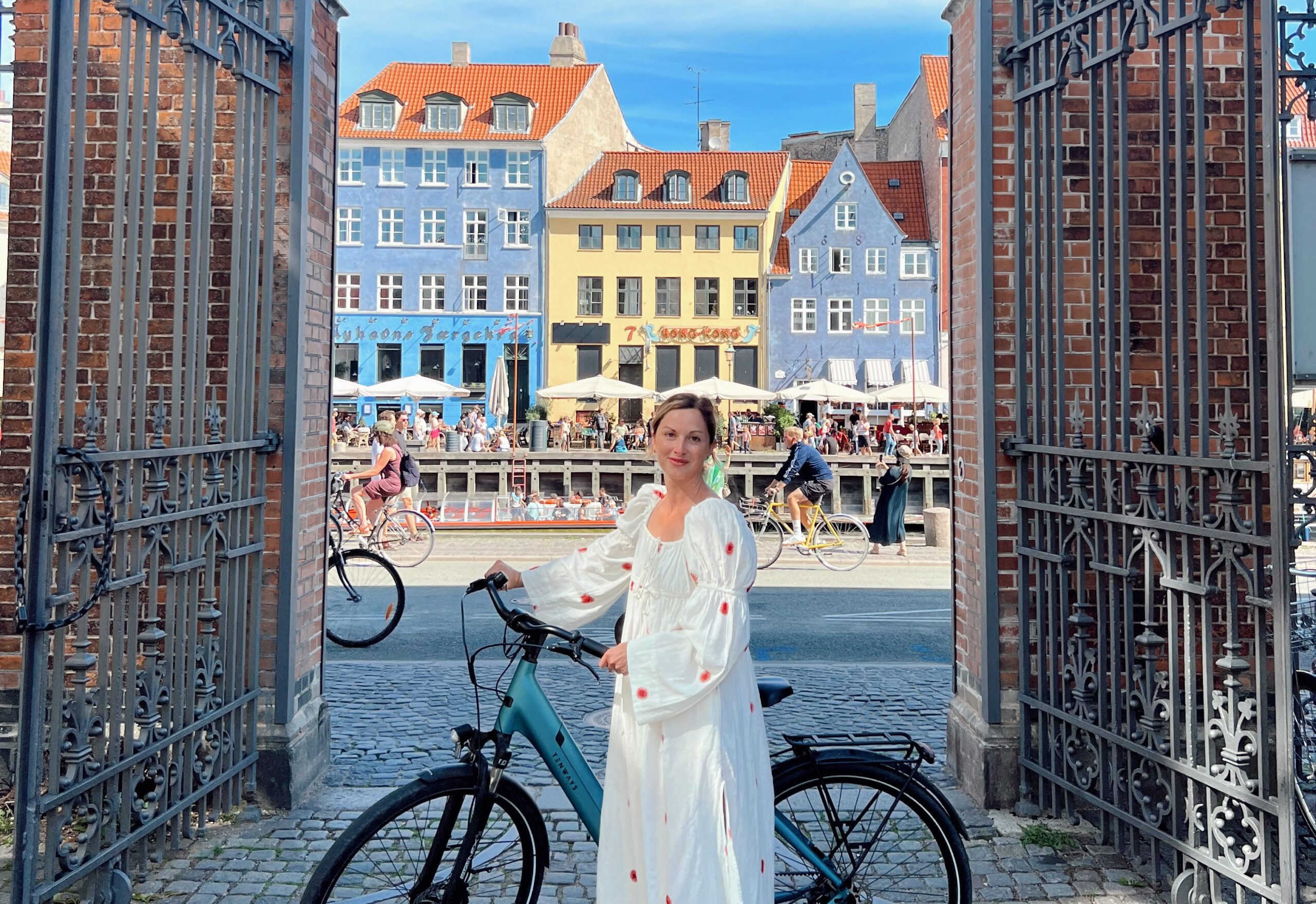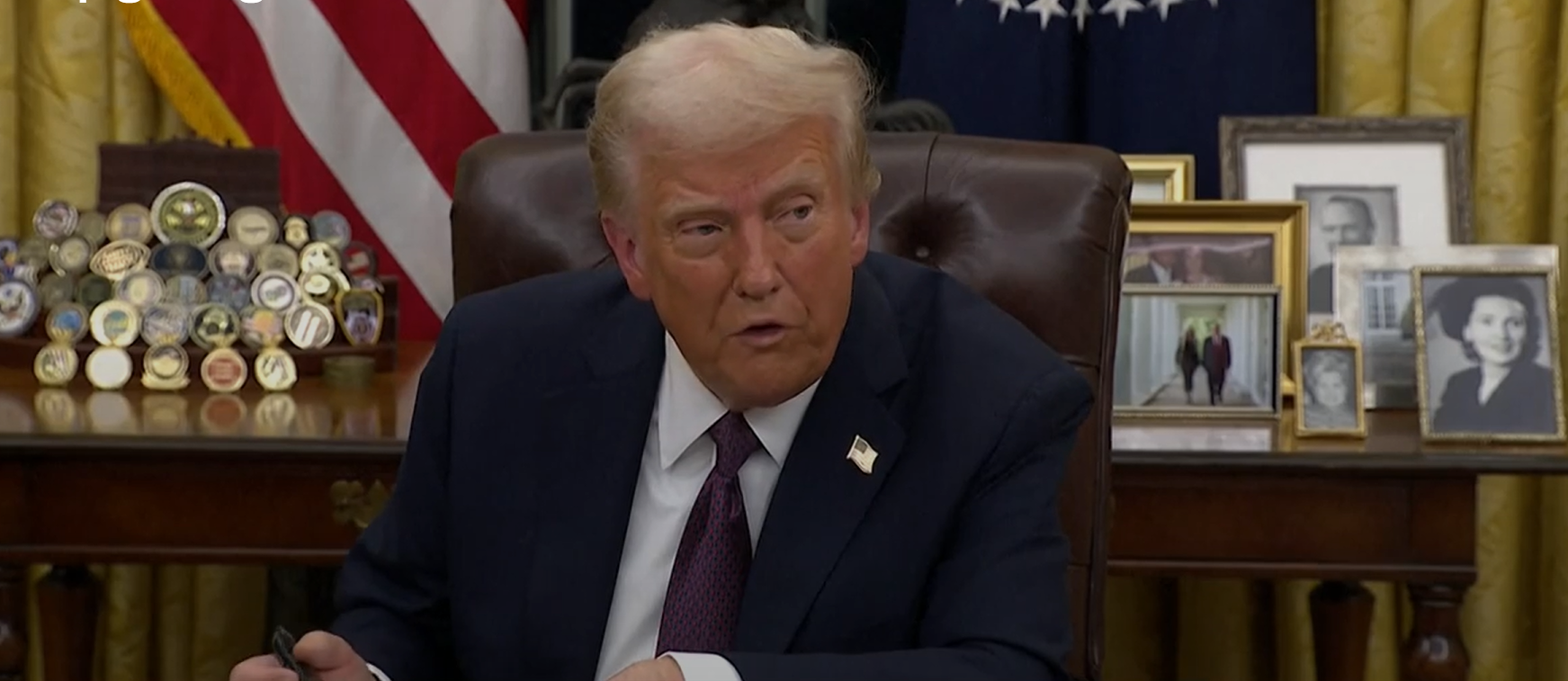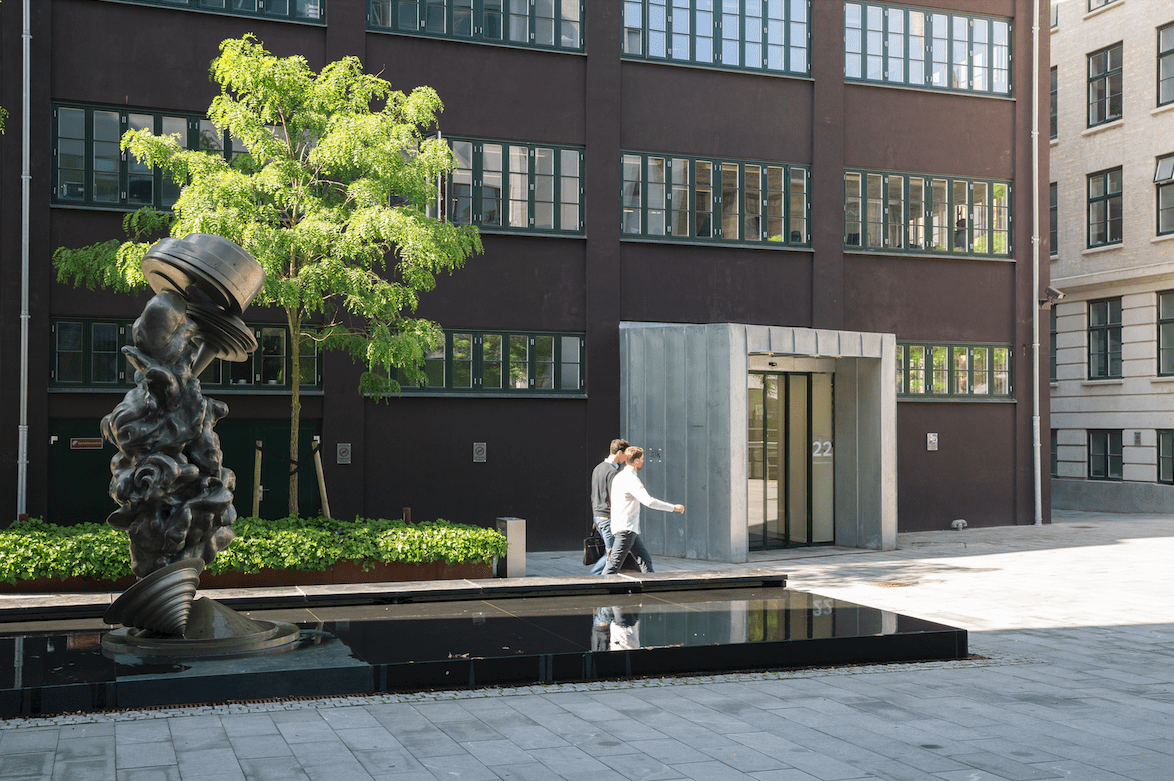A law regulating solar panel subsidies has had its third reading in parliament delayed after a second major loophole was discovered that could cost the government billions of kroner.
The increasing popularity of solar panels led the government last November to strike a deal with the opposition to limit subsidies that are provided by allowing solar panel owners to sell surplus energy back to the grid at an elevated price.
The climate and energy minister, Martin Lidegaard (Radikale), last week received a formal reprimand from parliament’s climate committee for overlooking a loophole in the law allowing businesses to easily bypass limits on the size of subsidised solar parks built on the ground.
And while parliament debates the new law that was presented in March to close the first loophole, another loophole has been discovered that would allow large, subsidised solar panel installations on the roofs of industrial buildings.
The debate has now been delayed while the climate committee assess the financial consequences of these loopholes, which have resulted in the number of subsidised solar installations beyond what was budgeted.
The government has planned to support the construction of 800 MW of solar energy by 2020, but 560 MW have already been installed.
Capacity is expected to expand further as businesses line up to take advantage of the generous subsidies made possible by the loopholes. The Climate and Energy Ministry estimates those subsidies could end up costing the government up to a billion kroner in the next decade.
Last week the owners of large solar parks complained that they may end up going bankrupt if the government reduces the subsidies they were never meant to receive, but were legally entitled to through the loopholes.
Foiled by FOI
Berlingske newspaper uncovered the story after gaining access to internal documents from the Climate and Energy Ministry through a freedom of information (FOI) request.
Questions have now been raised over whether the newspaper would have been able to expose the second loophole under a proposed new new FOI law.
“Everything points to this being another good example of a significant case that would not have come to light [under the new FOI law],” Jesper Tynell, an award winning journalist, told Berlingske newspaper. His view was shared by MP Simon Emil Ammitzbøll (Liberal Alliance).
“We need to admit that we live in an extremely complicated society that needs good journalists to discover errors, omissions and scandals,” Ammitzbøll told Berlingke. “If we limit their opportunity to practice this function then we are also limiting parliament’s and people’s opportunity to find about things that are not as they should be.”
The justice minister, Morten Bødskov (Socialdemokraterne), disagreed, arguing that one of the key emails had been sent from an external organisation, rather than a document passed between ministers and the civil service, which will become exempt from FOI requests under the new law.
“There is a direct connection between the emails from [energy lobby] Dansk Energi and the reprimand my colleague subsequently received,” Bødskov told Berlingske.














